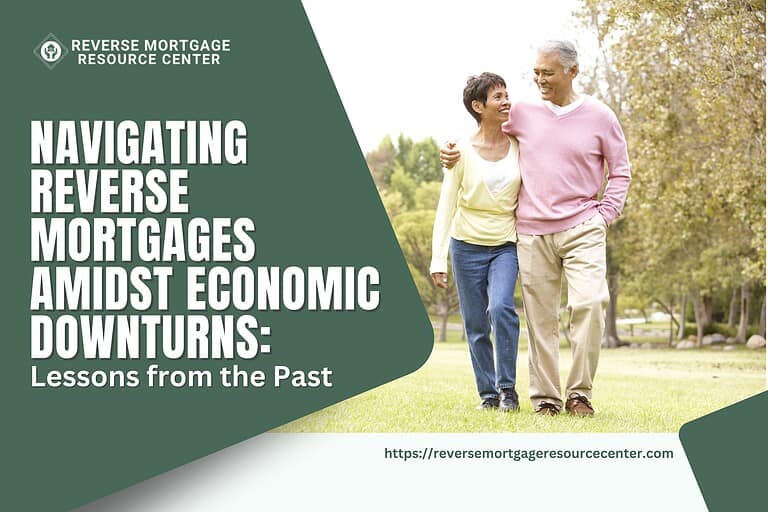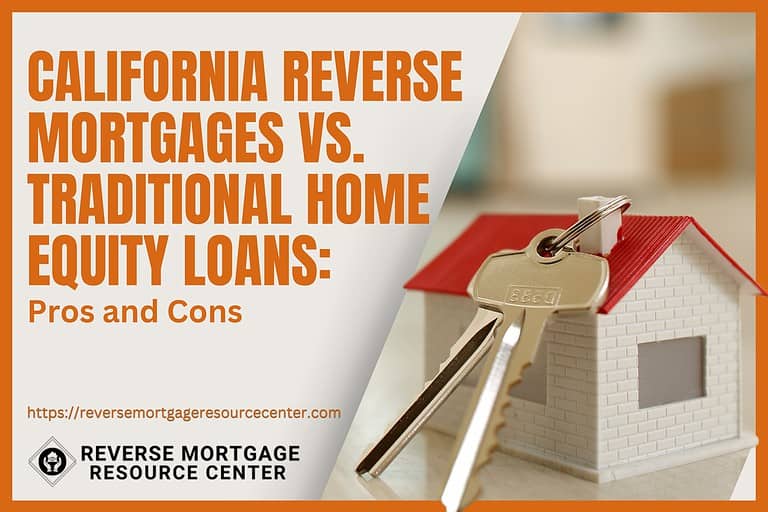Wyoming Reverse Mortgages: Your Guide to Loan Disbursement Options
After years of hard labor, retirement should be a time of leisure and enjoyment. However, for many seniors in Wyoming and across the country, financial difficulties can put a pall over their well-deserved golden years. A financial vehicle intended exclusively for elders is available to solve these issues: the reverse mortgage. We will delve into the complexities of Wyoming reverse mortgages in this detailed tutorial, emphasizing the critical topic of loan distribution alternatives. By the end of this essay, you’ll learn how reverse mortgages function and how to select the best disbursement option for your financial needs.
Understanding Reverse Mortgages
What Is a Reverse Mortgage?
A reverse mortgage is a financial product designed for seniors aged 62 and up. It allows homeowners to convert a portion of their home equity into tax-free cash without selling their property, giving up homeownership, or making monthly mortgage payments. Reverse mortgages can be a significant resource in Wyoming and other states for those wishing to supplement their retirement income, cover unforeseen bills, or improve their overall financial security.
How Does It Work?
A reverse mortgage operates in a different way than standard mortgages. Instead of paying monthly payments to a lender, as you would with a traditional home loan, a reverse mortgage offers either monthly payments or a lump amount based on the value of your property. This allows you to access the value of your house without having to make monthly payments, making it an appealing alternative for retirees.
The Loan Disbursement Options
When you seek a reverse mortgage in Wyoming, you will be presented with several loan disbursement alternatives. Each choice has its benefits and considerations, so it’s critical to properly grasp them to make an informed decision that coincides with your financial objectives and needs.
1. Lump Sum Payment
The lump sum payment option provides a one-time, upfront payment based on the equity in your house. This can be appealing if you have a specific financial need, such as paying off debts, making home upgrades, or covering unexpected medical bills. However, remember that the full loan total will begin to accrue interest when you receive the lump sum, so utilize it wisely and strategically.
Pros:
- Immediate access to a large sum of money.
- The ability to employ the finances for a variety of objectives.
- There are no ongoing monthly payments to be concerned about.
Cons:
- From the first day, interest is charged on the total loan amount.
- Certain government assistance programs, such as Medicaid, may impact eligibility.
2. Monthly Payments (Tenure Option)
The tenure option guarantees a constant stream of monthly payments for as long as you dwell in your principal residence. Your age, property value, and current interest rates determine the amount you receive. This option can provide a consistent source of extra income, allowing you to cover routine living expenditures and retain financial security during retirement.
Pros:
- Income that is consistent and predictable.
- There is no obligation to repay the loan as long as you dwell in your house.
Cons:
- The overall payout over time may be lower than other payment choices.
- Over time, the borrowed balance adds interest.
3. Term Payments
With the term payment option, you receive monthly payments for a certain time, often 5 to 10 years. This option may be advantageous if you have certain financial goals for a specified time, such as paying for a child’s school, taking a dream vacation, or managing other financial concerns.
Pros:
- Provides structured income for a set length of time.
- It can be modified to meet short-term financial requirements.
Cons:
- Payments are limited to the set timeframe and cease after that period.
- The outstanding loan sum continues to earn interest.
4. Line of Credit
A line of credit functions like a typical home equity line of credit (HELOC). You can withdraw funds at your leisure up to the permitted credit limit. The main benefit of this choice is that you only pay interest on the amount you borrow, giving you flexibility and the possibility of cost savings.
Pros:
- The ability to obtain funds when necessary.
- Only the borrowed amount is subject to interest.
- It can provide a financial safety net in unforeseen bills or emergencies.
Cons:
- There may be an initial setup cost.
- Your credit limit is decided by criteria such as your age and the value of your property.
5. Combination of Options
Reverse mortgage customers in Wyoming can also combine two or more disbursement strategies to build a personalized financial strategy. You could, for example, choose to accept a lump sum for urgent needs while establishing a line of credit for future use. This adaptability enables you to target short- and long-term financial objectives while adjusting the payout to your circumstances.
Considerations Before Choosing a Disbursement Option
Consider the following variables before deciding which reverse mortgage disbursement strategy is best for you:
1. Your Financial Goals
Determine your short- and long-term financial objectives. Do you want to pay immediate expenses, secure a consistent income stream, or create a financial safety net? Your objectives will determine which disbursement choice best meets your needs.
2. Interest Accumulation
Understand that interest accrues based on the actual monies paid out. Consider how interest can affect your loan debt over time and whether it fits into your financial plan.
3. Impact on Government Benefits
If you receive government benefits such as Medicaid, SSI, or other assistance programs, speak with a financial expert to learn how a reverse mortgage may affect your eligibility. Planning ahead of time can assist you in preserving these vital benefits.
4. Loan Closing Costs
Fees and closing costs for reverse mortgages vary depending on the lender. Examining these prices and fees is critical to discovering the best conditions for your scenario.
5. Financial Counseling
Before proceeding with the transaction, you are required by federal law to receive reverse mortgage counseling from an approved counselor. Use this resource to obtain a thorough grasp of your alternatives and obligations. Financial advisors can provide specialized advice based on your situation.
REVERSE MORTGAGE RESOURCE CENTER ~LIVE LIFE ON YOUR TERMS~
Our Lending Team has been serving our clients since 2004. We are passionate about serving our clients with integrity to help them achieve their financial goals.







